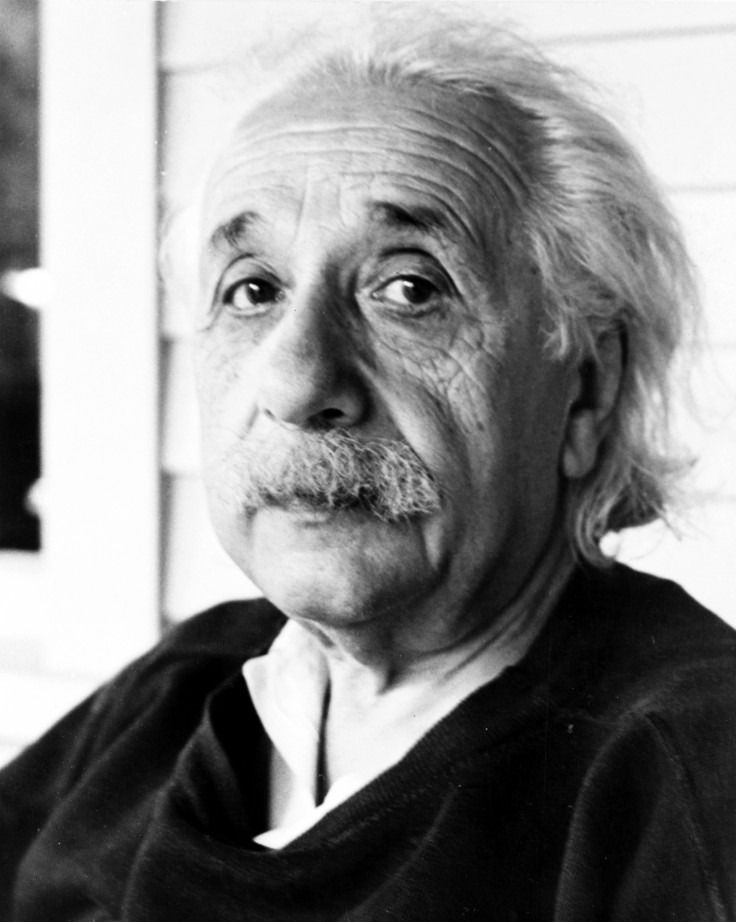Albert Einstein's tangled love life exposed in his personal letters

Albert Einstein's tempestuous love life has been uncovered with the release of his personal letters to Mileva, his first wife and Elsa, his maternal first cousin who became his lover.
The Princeton University Press and Hebrew University of Jerusalem have made public the Digital Einstein Papers which give a candid view of his bitter and rancorous divorce from Mileva, his first wife. It shows the scientist in an unflattering light, as a misogynist with very set views on the role of women.
Einstein outlines a list of rules for Mileva in the event that they did not divorce and lived together under the same roof. They included a ban on sex and strict domestic arrangements.
"A. You Make Sure
That my clothes and laundry are kept in good order and repair.
That I receive my three meals regularly in my room.
That my bedroom and office are always kept neat, in particular, that the desk is available to me alone.
B. You renounce all personal relations with me as far as maintaining them is not absolutely required for social reasons. Specifically, you do without
My sitting at home with you.
My going out or traveling together with you.
C. In your relations with me you commit yourself explicitly to adhering to the following points:
You are neither to expect intimacy from me nor to reproach me in any way.
You must desist immediately from addressing me if I request it.
You must leave my bedroom or office immediately without protest if I so request.
You commit yourself not to disparage me either in word or in deed in front of my children."
The divorce may have had an effect on his second son, Eduard, who had a breakdown at the age 20 and was diagnosed with schizophrenia. He was also committed to asylums several times and cared for by his mother.
His love notes to Elsa, a first cousin maternally and a second cousin paternally show a different side to Einstein, who is clearly besotted with her. "Tonight I'm sleeping in your bed! It is peculiar how confusedly sentimental one is. It is just a bed like any other, as though you had not yet ever slept in it. And yet I find it comforting that I may lay myself in it, somewhat, like a tender confidence."
He closes the letter: "Kisses from your Albert."
Einstein's complex sexual behaviour didn't end with marrying Elsa. Within four years he took as his mistress Bette Neumann, who also worked as his secretary and was the niece of one of his friends.
In his book, Einstein: His Life and Universe, Walter Isaacson says: "His conquest of general relativity proved easier than finding the formulas for the forces swirling within his family."
More light on his later sexual liaisons will surface as the collection only covers through 1923 in 13 of a planned 30 volumes.
© Copyright IBTimes 2024. All rights reserved.






